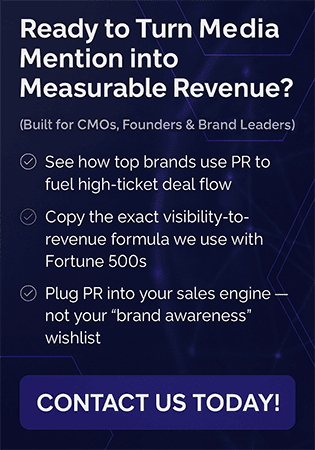Recently I made a big purchase on eBay, only to receive fake goods. I contacted the seller, and the seller has offered a full refund but continues to protest that his products are real. A couple of observations here- 1) His auction page states a no return policy. If the goods are indeed “real” then why bother offering me a refund? 2) I found many people complaining about the same seller on various discussion boards. There are two dilemmas in this situation. One is mine as a consumer-Do I accept the refund and say nothing more? or Do I go through the appropriate channels and report this seller so others can be forewarned? He also has a dilemma-Does he keep selling the products that he now KNOWS to be fake? (I had them appraised by an expert) or Does he continue to leverage his power seller status to fool people?
My intention with this post is not to solve either of these dilemmas, but simply to focus on the process of solving ethical dilemmas in business.
1) Figure Out your Intention- This is really the first step in solving any conflict (internal or external). What do you hope to achieve from your conflict? Do you wish to clear your own conscience? Do you just want the other side to concede defeat? Your intention will depend on your own personal dilemma. For example, my intention with the eBay dilemma is to warn others of this seller without receiving negative feedback as retaliation from him.
2) Map out Your Actions- It may seem silly to write out your actions but our mind processes thoughts in a more logical fashion when we write them down. Just jot down a few action steps you could take and what the consequences would be for each action. In my case, I can a) Contact eBay directly b) Leave messages warning about this seller on forums c) Leave negative feedback. There is also a consequence for each of my actions. If I contact eBay directly, they may ask me to sort it out with the seller. If I leave messages warning about this seller on forums, it will take up valuable time and may not reach as many people. If I leave negative feedback, he may retaliate and leave negative feedback for me.
3) Cost versus Benefit- In the end you have to analyze the cost versus the benefit of each action. I don’t mean just financial costs-any negative consequence can be viewed as a cost. For example, the seller knows that their products are not real. They can choose to continue selling them as authentic but the cost of that would be guilty feelings, a potentially ruined reputation, and just plain old bad karma. (I am a big believer is what goes around, comes around). You have to pick the action with minimal cost.
Now, I realize that ethical dilemmas can be very complex at times and this structure is meant to simply guide your process. In the end, it often boils down to the wisest words ever uttered: Do unto others as you would have them do unto you.




